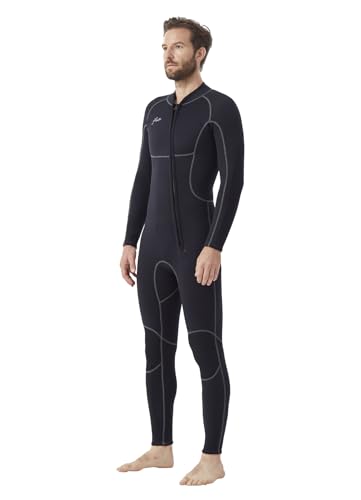Craving that cool splash and high-speed thrill?
Water skiing isn’t just about balance; it’s about the gear that cuts through water like a hot knife through butter.
Ready to get your feet wet and heart racing? Let’s skim through the ultimate Water Skiing Equipment List. Strap in, it’s wave time!

For Water Skiers:
- Water Skis (slalom, trick, or jump)
- Life Jacket or Personal Flotation Device (PFD)
- Tow Rope and Handle
- Wet Suit or Dry Suit (for colder conditions)
- Helmet (especially for jumping and racing)
- Gloves
- Sunglasses or Goggles
For Coaches and Teams:
- Safety and Rescue Equipment (including throw ropes)
- Video Camera (for technique analysis)
- Coaching Boats with Specific Wake Control
- First Aid Kit
- Team Uniforms or Wetsuits
For Facilities:
- Calm and Open Waterways
- Slalom Courses
- Jump Ramps (for competitive jumping)
- Docking and Storage Area for Boats and Equipment
- Changing and Shower Facilities
Table of Contents
Equipment for Water Skiers
#1 Water Skis
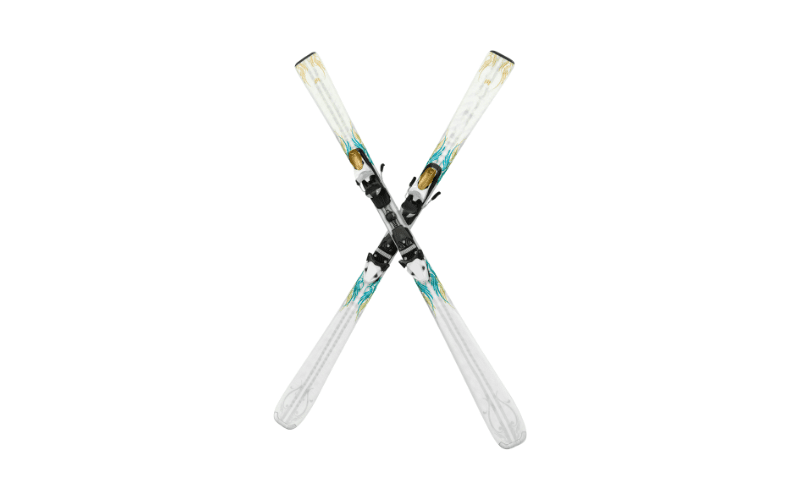
Water skis are the foundation of the sport, enabling participants to glide across the water’s surface. They vary in design, with slalom for single-ski maneuvers, trick for stunts, and jump for leaping exercises, making them essential for specialized techniques and overall performance.
#2 Life Jacket or Personal Flotation Device (PFD)

A life jacket or PFD is a non-negotiable safety element for skiers, ensuring buoyancy and protection in the water. It’s crucial for skier safety, helping to prevent drowning and providing a measure of impact protection in falls.
#3 Tow Rope and Handle
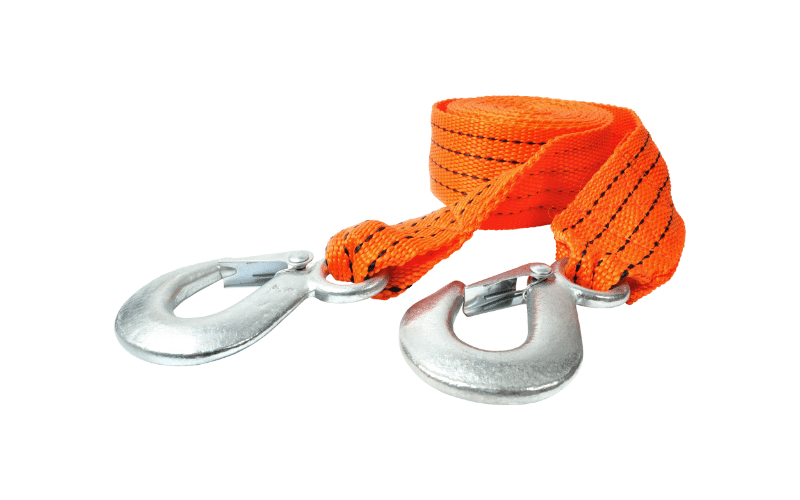
The tow rope and handle connect the skier to the boat, transferring the power necessary for movement. A quality rope and comfortable handle are pivotal for control and the skier’s ability to perform tricks and navigate the water safely.
#4 Wet Suit or Dry Suit
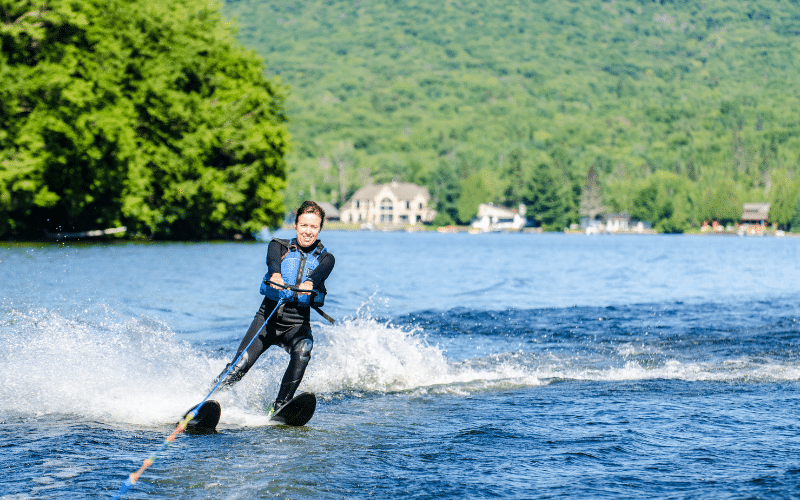
Wet suits and dry suits are vital for comfort and protection in various water temperatures. They shield the skin from abrasions and cold conditions, helping maintain body warmth and allowing skiers to enjoy longer sessions on the water.
#5 Helmet

Helmets are especially important for competitive jumpers and racers to protect the head during high-speeds and aerials. It adds a critical layer of safety, potentially preventing severe head injuries during spills or collisions.
#6 Gloves
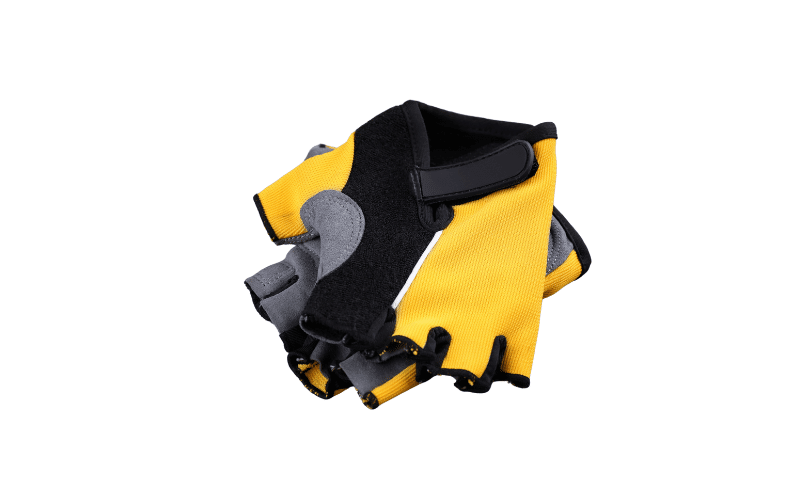
Water skiing gloves provide a better grip on the handle, reduce the risk of blisters, and protect the hands from strain. They contribute to increased comfort and endurance, allowing for longer and more effective skiing sessions.
#7 Sunglasses or Goggles
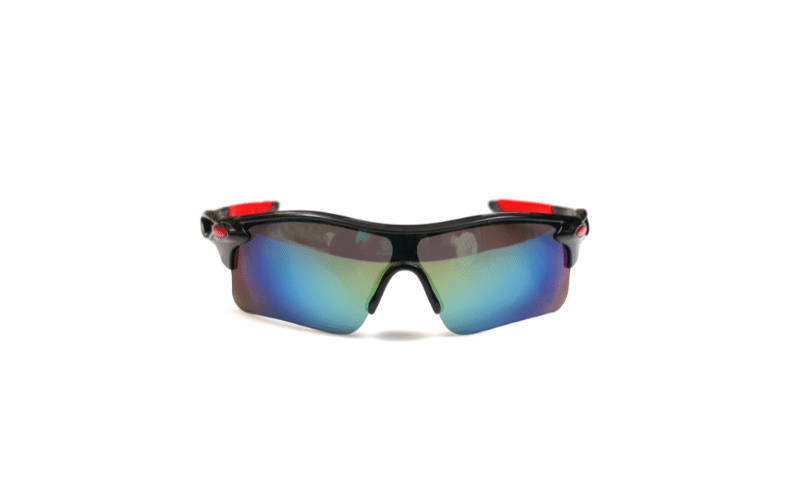
Sunglasses or goggles protect the eyes from the sun’s glare and water spray, which is essential for clear vision when skiing. They can prevent eye fatigue and enhance focus, making them useful accessories for any skier.
Equipment for Coaches and Teams
#1 Safety and Rescue Equipment

Safety and rescue equipment, including throw ropes, is essential for coaches to ensure quick response during emergency situations. They play a vital role in skier safety and can be a lifeline for athletes in distress.
#2 Video Camera

A video camera is a powerful tool for coaches, enabling them to analyze technique and provide constructive feedback. It’s invaluable for reviewing performances, making it a necessary piece of equipment for athlete development.
#3 Coaching Boats with Specific Wake Control
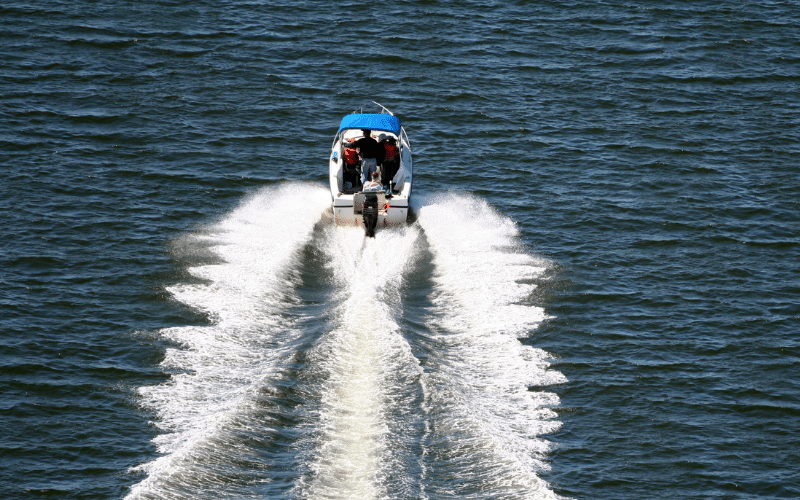
Coaching boats equipped with wake control are imperative for training, as they create ideal conditions for skiers to practice and refine their skills. They ensure a consistent environment, which is crucial for athletes learning and perfecting techniques.
#4 First Aid Kit

A first aid kit is a fundamental requirement for coaches and teams to handle minor injuries on site. It’s a basic health and safety provision for prompt attention to cuts, scrapes, and other minor accidents that can occur during water skiing activities.
#5 Team Uniforms or Wetsuits

Team uniforms or wetsuits not only provide protection and identification during competition but also foster team unity and spirit. They are essential for teams to visually differentiate and display a professional appearance.
Equipment for Facilities
#1 Calm and Open Waterways

Calm and open waterways are vital for the safety and effectiveness of water skiing. They provide the necessary space for skiers to perform maneuvers without obstruction and ensure a smooth, consistent surface for all skiing activities. These water conditions are essential for training and competition standards.
#2 Slalom Courses
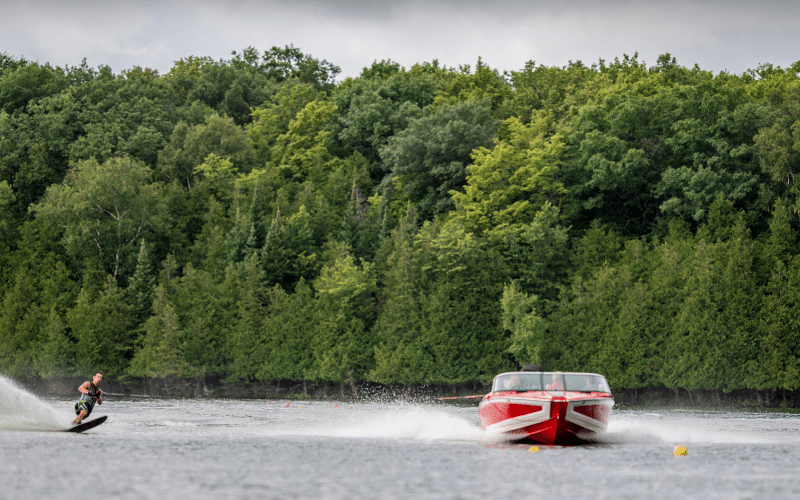
Slalom courses with proper buoys and configurations challenge skiers’ precision and skill, making them indispensable for facilities that cater to competitive water skiing. They enable skiers to practice and refine their techniques, and provide a standardized course for fair and regulated competition.
#3 Jump Ramps
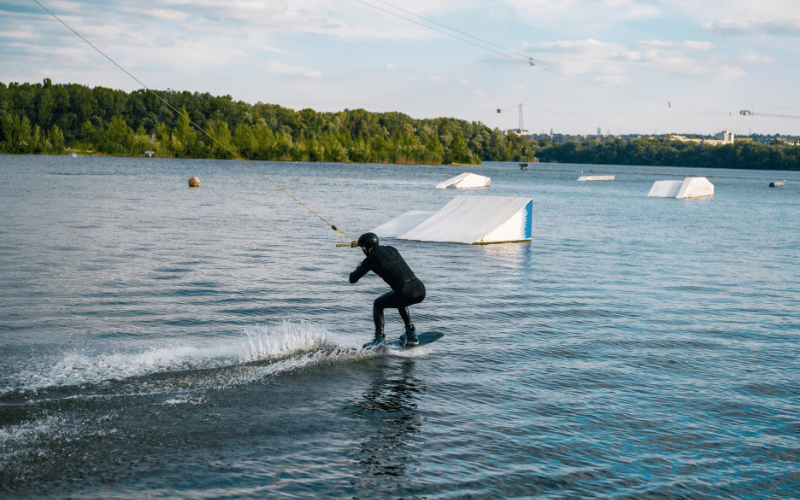
Jump ramps are key structures for competitive jump skiing, offering athletes the platform to perform aerial tricks and long-distance jumps. These ramps must be engineered carefully for performance and safety, making them a critical feature for facilities hosting advanced water skiing events.
#4 Docking and Storage Area for Boats and Equipment
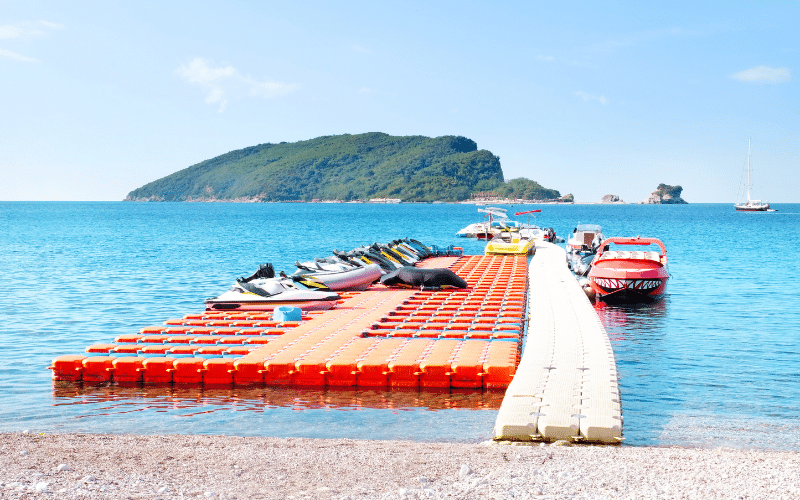
Dedicated docking and storage areas are essential for organizational efficiency and protection of costly equipment. They provide easy access for boats and a secure environment for storing water skis, life jackets, and other gear, contributing to the smooth operation of water skiing activities.
#5 Changing and Shower Facilities
Changing and shower facilities are important for the comfort and hygiene of all participants. They allow skiers and other water enthusiasts to change into and out of wet gear in privacy and rinse off after activities, promoting comfort and well-being, crucial for a full day of water sports.

FAQ
What is the equipment you need to play Water Skiing?
Water skis, a tow rope, a life vest, and a boat are the equipment you need to play Water Skiing. These essential items enable you to ride on the water safely and effectively.
What is the most important equipment in Water Skiing?
The life vest is the most important equipment in Water Skiing, providing safety by keeping you afloat in case of a fall or when you are not skiing.
What is a recommended list of Water Skiing equipment for beginners?
Here’s a recommended list of Water Skiing equipment for beginners: a pair of beginner-level water skis, acomfortable life vest, a sturdy tow rope, gloves, and a helmet. This gear helps ensure safety and ease of learning.




